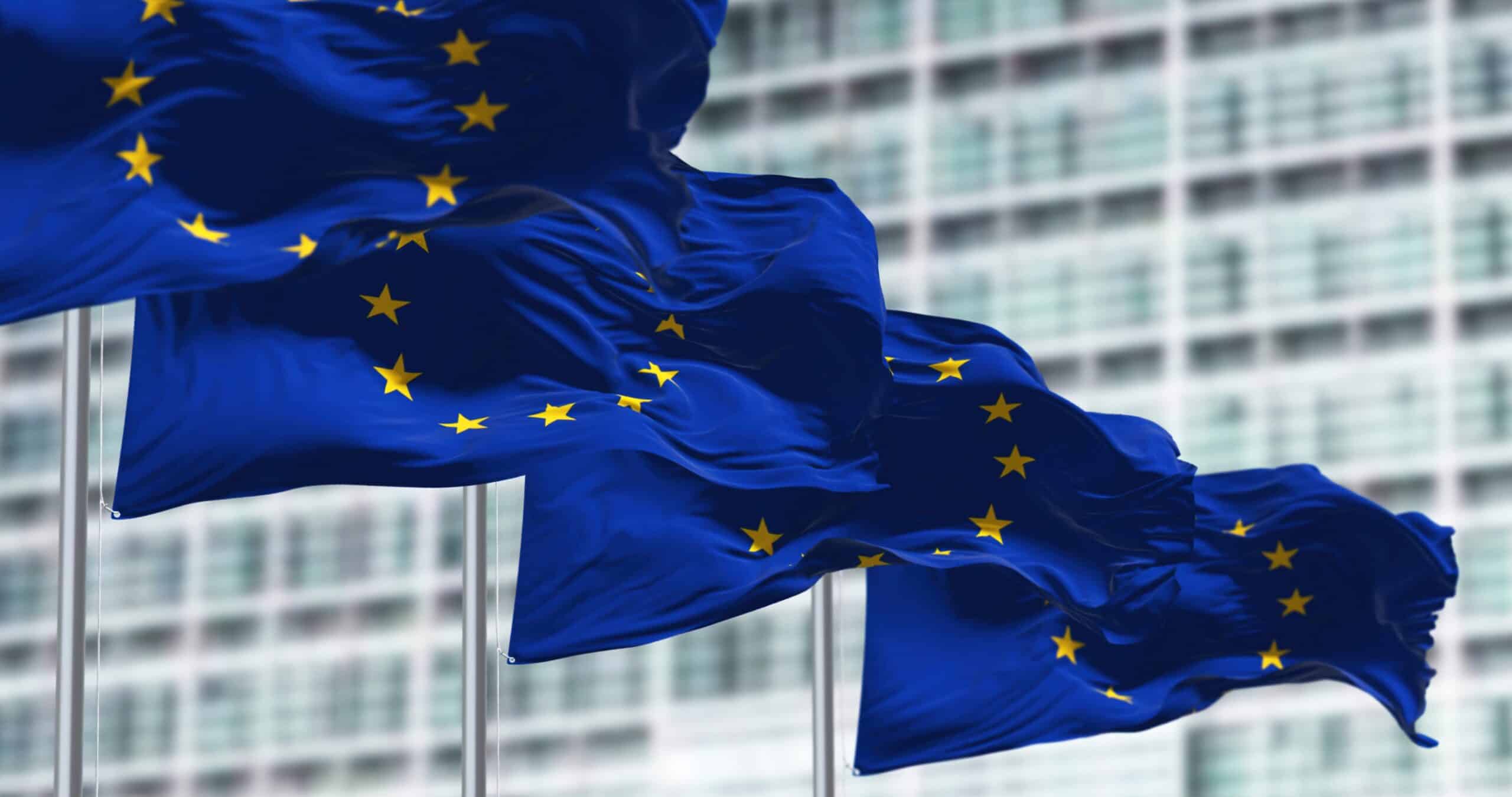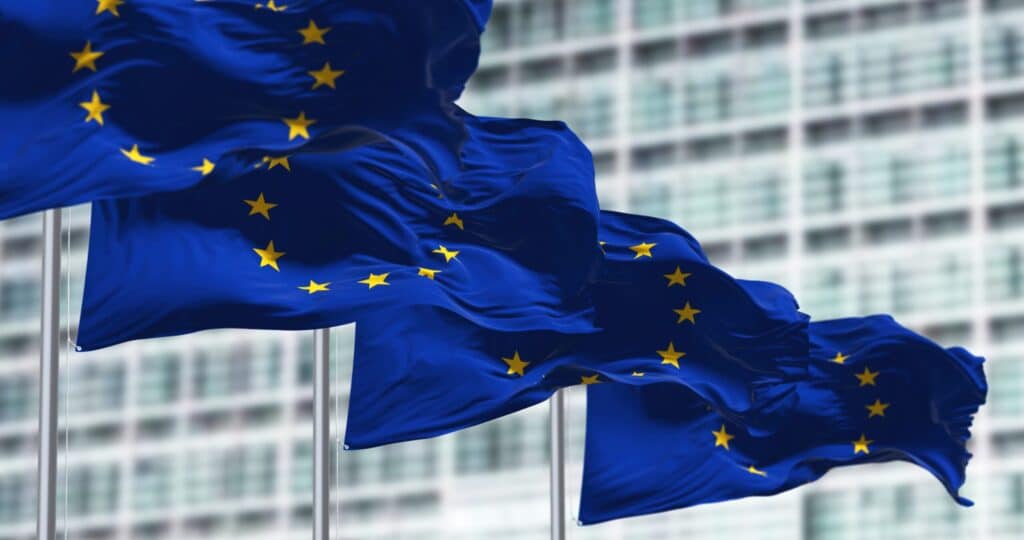Can the CS3D be saved?
GoodBlog | read time: 5 min

If the EU fails to pass the previously agreed Corporate Sustainability Due Diligence Directive (CS3D) it would represent a major setback for the just transition to a lower carbon economy and greater corporate sustainability. After years of tripartite negotiations between the EU Parliament, the Commission and the Council, the CS3D is going through troubled times as a result of Member States’ reluctance to eventually vote on the final version of the text, despite it being agreed upon in December 2023.
While Belgium, which currently holds the Presidency of the EU, moves to broker a new deal, it is worth remembering that this is a piece of legislation that, somewhat unusually perhaps, businesses, investors and civil society organisations are all keen to see passed for a number of reasons.
Human rights due diligence law is not a new thing
First, much of what is contained in the CS3D is already a legal requirement in many jurisdictions. France’s Duty of Vigilance law, widely regarded as something of a gold standard, already requires large companies (+ 5,000 employees for companies headquartered in France and +10,000 employees for companies headquartered in France or in a foreign country) to conduct environmental and human rights due diligence throughout their supply chains. Similar legislation is also in place in Germany, with other Member States including Belgium, Luxembourg, Sweden, Spain, and the Netherlands all proposing new supply chain legislation.
Outside the EU, Australia, Canada, and the US all have some form of legislation that requires companies to evaluate supply chain risks and report on mitigation measures. In the UK, a Private Members Bill was introduced in November 2023, proposing new legislation that will mandate companies to conduct human rights and environmental due diligence.
Support from business
If the CS3D isn’t passed, businesses will be obliged to comply with more laws, not less. Faced with a possible potpourri of legislative variations, the business community had hoped the CS3D would set a common standard for both environmental and human rights due diligence and produce a level playing field on which to operate.
Many companies have made their views clear. Ahead of the conclusion of the trilogue discussions last December, a group of prominent businesses, (including Ikea, Aldi, Tchibo, L’Oreal and ABN Amro), trade unions and civil society organisations all signed a statement calling on the trilogue to reach an agreement and deliver ‘an EU-wide standard on responsible business’. In the UK, 50 leading businesses, among them Asda, Asos, Aviva, John Lewis, Mars, Primark, Sainsbury’s, Tesco and Unilever, all signed a statement supporting the Private Members Bill and calling for a new UK law mandating human rights and environmental due diligence.
This support for the CS3D was expressed at our recent Business Ethics Debate. Here, businesses confirmed what we have been observing through our work, that many organisations are already investing time and resources on enhanced environmental and human rights supply chain due diligence. None of this is new. The Sustainable Development Goals (SDGs), the United Nations Guiding Principles (UNGPs) and the OECD Due Diligence Guidance for Responsible Business Conduct, established over a decade ago, call for businesses to take account of their environmental and human rights impacts. With many leading organisations making public commitments to support and uphold these goals and principles, it has become increasingly necessary to match words with actions and this, together with existing legislation, public opinion and investor pressure, has been driving the emergence of best practice.
Growing reporting requirements have also been driving change, with businesses being asked in multiple jurisdictions, including the EU and the UK, to report on their due diligence efforts.
Blockage of the CS3D from Member States
This combination of existing legislation, reporting requirements, the desire to follow best practice and the recognition that pledges and commitments must become manifest all pointed to a broad consensus of support for the CS3D. So, what caused member states to block the legislative process?
Germany decided to abstain from the vote, reiterating its concerns about the potential bureaucratic and legal impact it would have on businesses, encouraging other Member States such as Italy to withdraw their support. In a last-minute move to save the CS3D, France proposed to significantly reduce the scope of the Directive to companies with more than 5,000 employees, in line with the scope of its Duty of Vigilance Law. This would have the effect of exempting around 80% of companies from the CS3D.
Can the CS3D be saved?
Reuters has reported that Belgium has proposed changes to the thresholds of the companies in scope, increasing the number of employees from 500 to 1,000 and the turnover from 150 million euros to 300 million euros, thereby reducing the number of companies affected. It has also been suggested that companies will only be expected to apply the rules to business partners of companies that ‘carry out our activities for the company or on behalf of the company’, deleting a reference to indirect relationships.
With the European elections looming, an agreement must be reached by March 15th if the directive is to be adopted by the current parliament. The jury is out as to whether or not the proposed changes will be sufficient to get the directive through, and it wouldn’t be the first time that an EU deal was reached at the eleventh hour, as the French Duty of Vigilance Law and the German Supply Chain Act faced the same reluctance before being eventually adopted.
So where does this leave both businesses and the EU? Somewhat unusually, with mandatory due diligence legislation being proposed as far afield as Brazil, Korea and Japan, a failure to adopt the directive would leave the EU lagging behind rather than taking the lead.
Businesses on the other hand, while deprived of the clear framework the CS3D would provide, are likely to see best practice continue to emerge. Many will be bound by existing legislative and reporting requirements and as such will continue to make every effort to mitigate any negative impacts of their activities. Many already recognise that monitoring environmental and human rights impacts to help prevent harm builds trust, enhances reputation and helps ensure greater sustainability. For those organisations who recognise the business benefit of acting responsibly, there will be continued efforts to introduce human rights and environmental best practice into their operations; treading carefully to respect people and planet will be how they do business.
But without the CS3D, the commitment to identify and address any actual and potential negative impacts of doing business will not be as widespread as it could have been and as such, represents a major setback in the drive to build a more sustainable future for people and the planet.
work with us